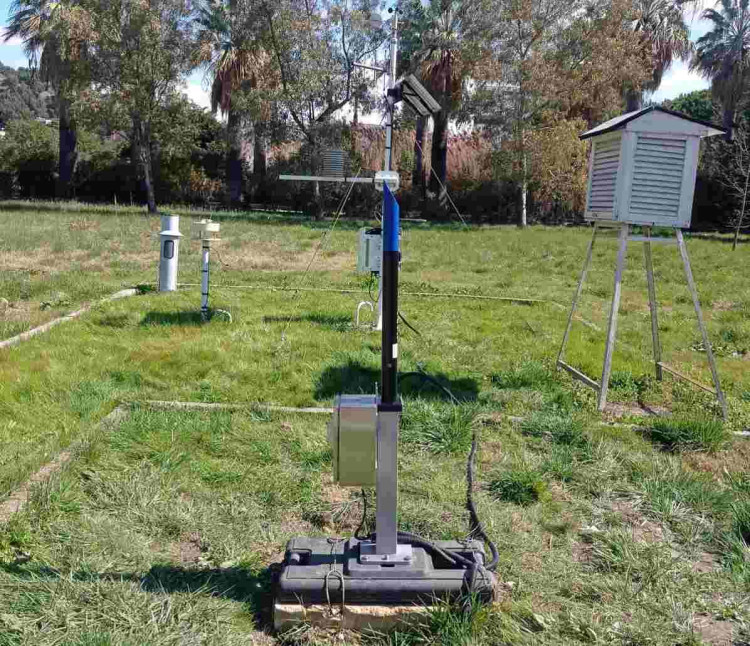Georgia has recently joined the IAEA International Radiation Monitoring System (IRMIS) as its 50th member, immediately preceded by Albania, further expanding the system's global efforts.
“Both countries now voluntarily submit radiation monitoring data to the IAEA’s radiation monitoring system, a web based tool that has been in operation for over 18 years,” said Carlos Torres Vidal, Director of the IAEA’s Incident and Emergency Centre (IEC). He added: The system plays an important role in nuclear radiation monitoring, providing countries with real-time data visualization for decision-making in emergencies and helping implement appropriate measures to protect the public and the environment from the harmful effects of ionizing radiation.”
IRMIS provides a mechanism to report and visualise large quantities of environmental radiation monitoring data during a nuclear or radiological emergency.
“The addition of Georgia and Albania as the newest members of IRMIS shows the growing recognition and acceptance of IRMIS among IAEA Member States over the past few years,” said Torres Vidal. ”Their participation significantly strengthens our network, showcasing the robustness of international collaboration in ensuring public and environmental protection,” he added.






